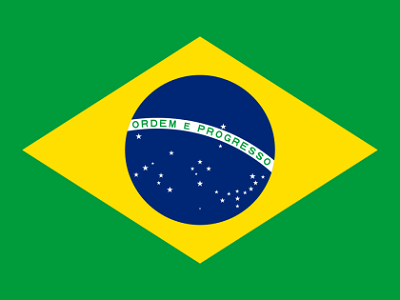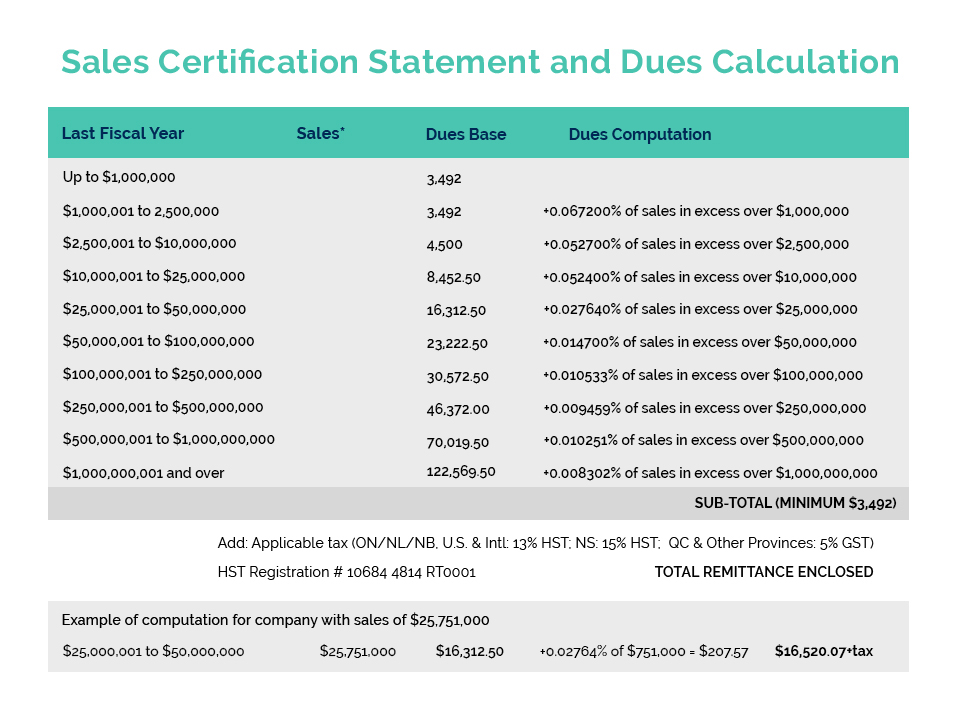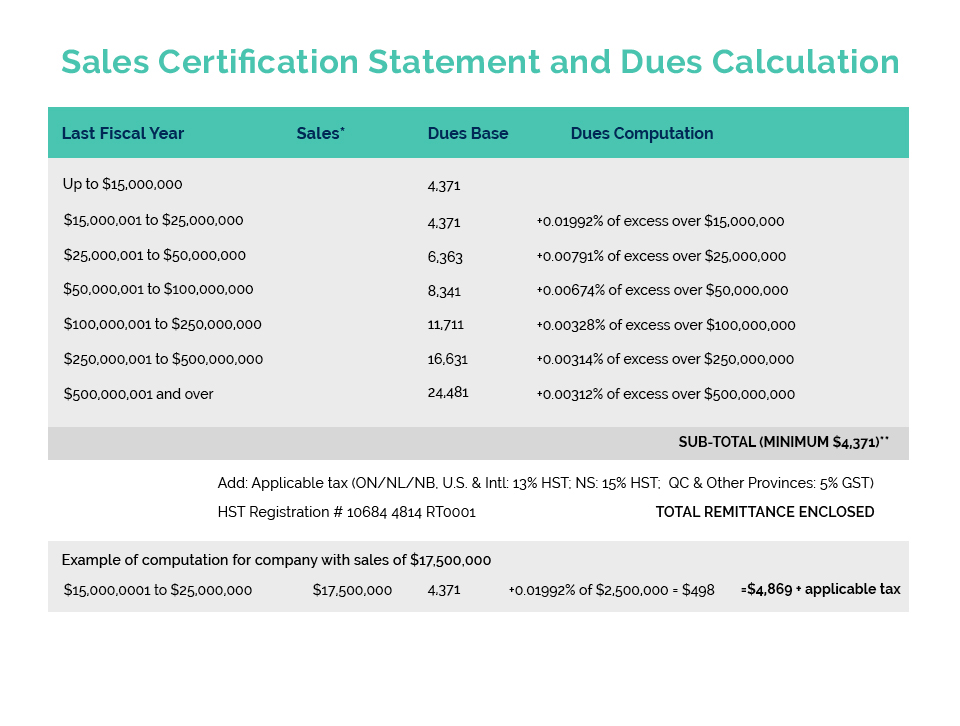Brazil has recently submitted a notification to the World Trade Organization’s Technical Barriers to Trade (WTO TBT) Committee regarding the labelling of cosmetics and personal care products (G/TBT/N/BRA/608/Add.1 – Brazil – Labelling of personal hygiene products, cosmetics, and perfumes). The notification requires that the list of ingredients on a product’s label must be in the Portuguese language rather than soley identified by the International Nomenclature of Cosmetic Ingredients (INCI). Some countries have expressed concerns and Global Affairs Canada reached out to Cosmetics Alliance regarding our views about the potential impact to Canadian exports to the Brazilian market.
CA took the opportunity to voice our concerns with this proposal by the Brazilian government as it undermines the purpose of using an international nomenclature for ingredients and creates an unnecessary barrier to trade.
Background
The purpose of INCI, which was developed over thirty years ago and has been accepted widely across the globe, is to:
1. Facilitate the easy recognition of ingredients by consumers and their health care providers (as opposed to the use of local or colloquial terms) to ensure the safe use of products and the avoidance of ingredients that may be problematic or harmful to an individual consumer (i.e. allergic reaction or sensitivity);
2. Ensure a common terminology for ingredient names and tracking by regulators, scientists, and manufacturers;
3. Enhance International trade by eliminating the need to have unique labels on the same products in different jurisdictions, over-label ingredient listings prior to sale, and maintain multiple inventories of the same product for different markets. INCI supports the use of common labels for multiple jurisdictions which reduces unnecessary cost and complexity.
In almost all countries, the use of an internationally accepted nomenclature provides an exemption to requirements for using the local official language. In jurisdictions with more than one official language, such as Canada and the European Union, the use of INCI is sufficient for ingredient labelling and so does not trigger the use of other languages. In jurisdiction which use different alphabets or symbols, the INCI terms are still used but are conveyed using the local alphabet or symbols. Colloquial or unique terms for ingredients are not used.
A particular situation involving INCI in the US illustrates the trade (and cost) issues that can develop when international INCI terms are not used. As INCI was largely developed in the US, the US INCI dictionary still includes some 57 English-based terms (of more than 10,000) which have been replaced by the European Union, Canada and many other jurisdictions with Latin-based terms. The most used of these 57 terms is “water” which internationally is now accepted as “aqua” except in the US which still requires inclusion of the word “water”.
The practical problem is that the use of “water”, even with the Latin term “aqua” (“aqua/water”) will often undermine the exemption for INCI under various national language labelling requirements. In Canada, for example, only the term “aqua” or “aqua/water/l’eau” can be used but NOT ”aqua/water”. We estimate that the cost of over-labelling such products imported into Canada from the US that use either “water” or “aqua/water” adds some $113 million annually – which significantly adds to the cost and competitiveness of these US imports.
It is for this reason that the matter was included for further review (by the US FDA) in the new CUSMA, and it is why requiring the use of Portuguese ingredient terms in Brazil can be expected to add a similar magnitude of cost and complexity for over-labelling and inventory management to products exported to Brazil. Although it may seem a small matter, the cost implications for exporters are likely significant and will create an unnecessary barrier to trade particularly when most of the world currently manages quite well with the international Latin-based version of INCI. This, as is worthy to note, includes Portugal which as part of the EU only requires universal INCI terms on cosmetic products WITHOUT a translation into Portuguese.
For many of our Canadian-based manufacturers of cosmetics – most of which are dependent on the majority of their production being exported (including to developing markets such as Brazil), this is an important issue so Cosmetics Alliance has formally raised it as such to Global Affairs Canada.
CA’s industry colleagues in Brazil fully support the use of INCI without translation to Portuguese and have sought the assistance of their fellow industry associations – including that of Cosmetic Alliance – to have the matter raised and pursued with their government.








